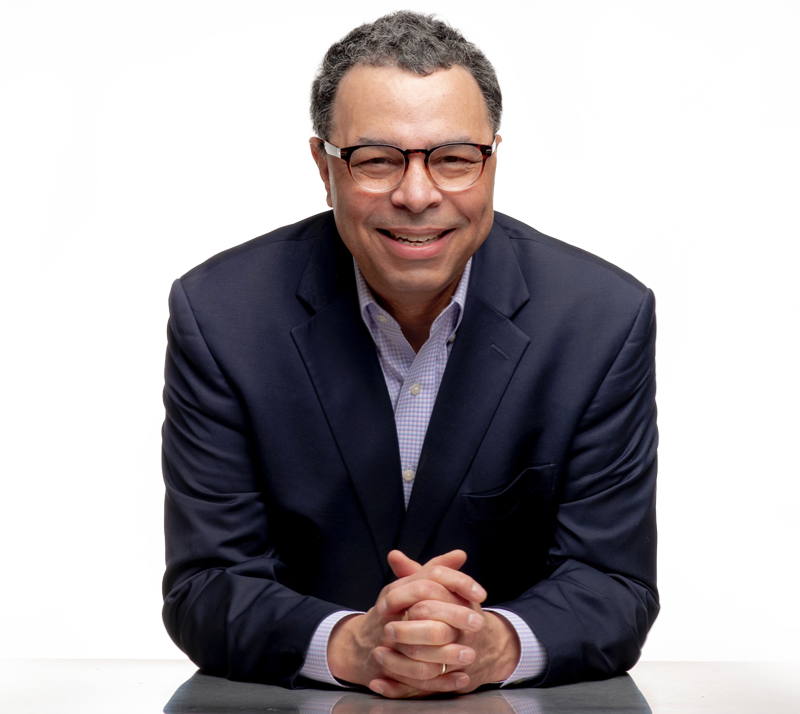Delaware Minister Calls for Black Churches to Move from the ‘Amen Corner’ to the ‘Street Corner’
Struggling Economy, Failing Education Performance Demands Call for Action
Black churches need to do more to improve their own communities and depend less on outsiders, according to Rev. Christopher A. Bullock, author of “The Social Mission of the Black Church, A Call to Action”.
“It’s very clear in my mind,” said Bullock, founding pastor of the Canaan Baptist Church in New Castle, DE. “We need to do more to control our own destiny and stop depending on others to do for us what we should be doing for ourselves.”
In his thought-provoking book, Bullock urges black churches to do all it can to improve economic opportunity for its community, acknowledging that President Barack Obama can only do so much. Through a collection of sermons and essays, he suggests that churches develop a “liberation agenda” where jobs, education and strengthening individuals’ moral characters are key components. He said there’s a need to “bridge the gap between the ‘we shall overcome’ generation and the ‘hip hop generation’.”
At his church, Bullock has become an active leader in the community, recognized by The Delaware Magazine, as one of Delaware’s “Most Dynamic Leaders”. He has created the Canaan Community Development Corporation to work with local and state officials to attract businesses and jobs. He has an active Prison Ministry that assists recently released prisoners with job training and other re-entry skills. He’s also founder of the Delaware Coalition for Prison Reform and Justice.
Bullock points to several visionary leaders who are examples of those who have demonstrated exceptional leadership of the black church: Rev.-Dr. Martin Luther King, Jr., the late Harlem minister and congressman Rev. Adam Clayton Powell, Philadelphia’s late Rev. Leon Sullivan and the Rev. Jesse L. Jackson, who wrote the foreword of Bullock’s book.
Instead of avoiding some of the community’s problems, the black church must do all it can to embrace its community. “We have the talent and power,” Bullock said. “But we have to go from the ‘Amen Corner’ to the ‘Street Corner’ to make a difference. These times demand it.”
In Delaware and around the country, Bullock calls for investment in its poverty-stricken communities, tax incentives and low-interest loans for small businesses in the black community. “No longer can the black church afford to retreat from our social mission to transform the oppressive conditions that plaque our underserved communities.”
Bullock, a native of Wichita, KS, has a history of getting his churches involved in the community. In Chicago, he was pastor of the Progressive Baptist Church where he led an HIV/AIDS Awareness program, provided meals to the needy and housed a computer technology center. He also served as president of the Chicago Southside Branch of the NAACP.




